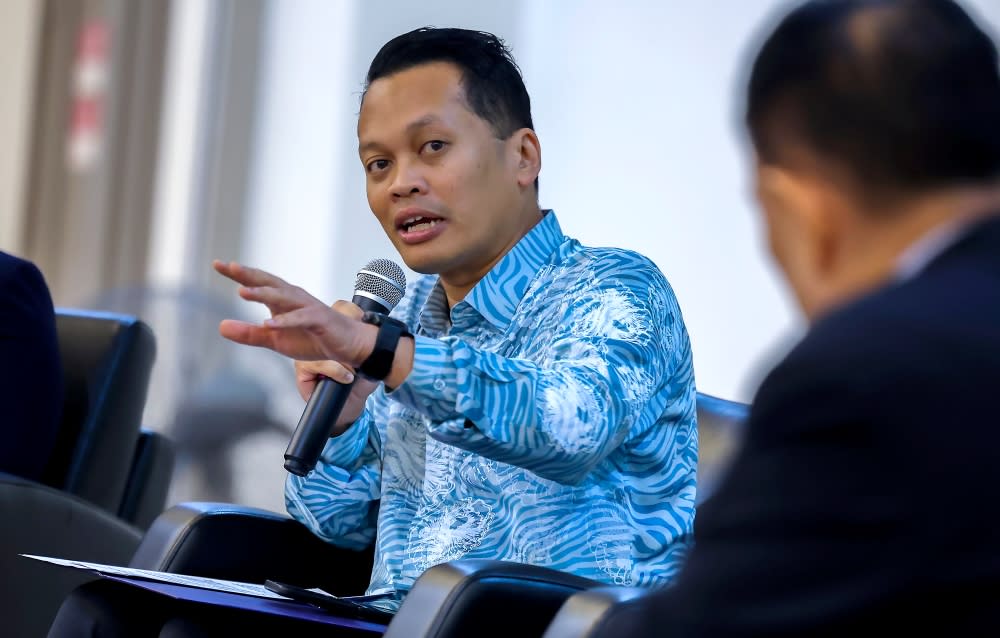PM Anwar's intervention reason govt shelved citizenship Bill for foundlings, says Nik Nazmi

KUALA LUMPUR, April 11 — It was Prime Minister Datuk Seri Anwar Ibrahim's intervention that led to the government halting its planned amendments to the citizenship law that would have denied Malaysian citizenship for babies found abandoned in the country, according to Minister of Natural Resources and Environmental Sustainability Nik Nazmi Nik Ahmad.
The two of the much talked-about eight constitutional amendments on Malaysian citizenship that was tabled in Parliament last month by Home Minister Senator Datuk Seri Saifuddin Nasution Ismail had been abruptly pulled at the last minute before the second reading, following intense public criticism.
“... I recognise that some or many civil societies are still unhappy with certain parts but at the end of the day, you know, some of the controversial amendments with regard to foundlings and whatnot were removed at the last minute,” Nik Nazmi who is also vice-president of PKR, the same party as Anwar, told news portal Malaysiakini in an interview published today when asked about the dissatisfied response from civil society groups in response to the government’s citizenship amendment Bill.
“And that was the prime minister's intervention.”
Previously, Saifuddin Nasution only said that the two affecting Section 19B of Part III of the Second Schedule and Section 1(e) of Part II of the Second Schedule in the Federal Constitution were discontinued based on feedback from MPs and others, and that the Home Ministry planned to enable citizenship applications of foundlings by registration rather than by law.
The home minister who first tabled the Bill on March 22 later tabled an amended version on March 27, with debate pushed to the next parliamentary session scheduled in June.
In the interview with Malaysiakini, Nik Nazmi said the government is aware that the public perceives the ruling Pakatan Harapan (PH) as being sluggish in carrying out its promised institutional reforms.
But he said that civil society groups need to understand the complex political dynamics within the current government consisting of the PH coalition working with its former political rivals, including Barisan Nasional (BN).
“So, you know, we have to listen to all sides as we navigate. People say, yeah, you have two-thirds, but this is not the same.
“The last two-thirds in 2004 is not the same. That was BN's two-thirds.
“This is a two-thirds that came about after the election — when BN, Harapan, Gabungan Parti Sarawak (GPS), Gabungan Rakyat Sabah (GRS) which fought against each other in the 15th general election came together.
“So, it's a bit different than the traditional two-thirds that we had before. So, that is something that we have to bear in mind,” he was quoted as saying.
Nik Nazmi added that the government has to, therefore, gather feedback from all stakeholders on matters of constitutional amendments, including the Conference of Rulers.



